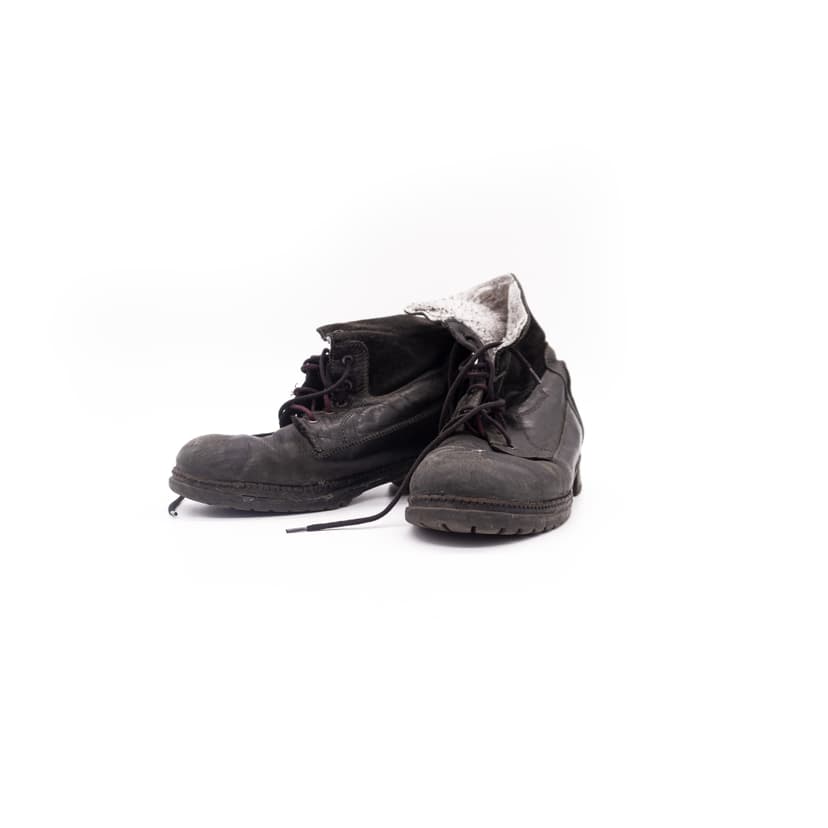At a time when most people in the GDR dreamed of escaping to West Germany, others dreamed of escaping to the GDR. The misery of one could be the dream of another. Escape to Western countries remained an elusive prospect for most people in Eastern Europe. Escape to the GDR, on the other hand, although still very difficult, was a possibility. One that promised a better life than what most had at home. The best way to escape was as an athlete. In the communist bloc, sporting events were an important source of pride, and each country sent its best athletes to compete. Once you were there and had already taken the most difficult step of leaving the country, you could easily have decided not to return. To turn left instead of right and start again. But very few were athletes. My grandmother, for example, worked in a shoe factory. In 1985, she worked six days a week. One of her shifts was 14 hours. It started at 2 p.m. on Saturday and ended at 4 a.m. on Sunday morning. This left her with only a few hours of sleep before she could "enjoy" her day off. A day on which, like all other women of the time, she would queue for hours for bread, butter, and eggs, then cook, clean the house, and take care of her children. She had to do all of this by 8 p.m., when the electricity was cut off, just like every other day of the week. On some days, when the winter was particularly harsh, the bus that was supposed to take her home from work never came, leaving her to walk for more than an hour in the cold. As the night slowly turned into day, she put one foot in front of the other, thinking nothing of it. Her warm, moist breath froze around her eyebrows, around her eyelashes, around every single facial hair it found on its way up to the frozen sky. She told me she came home with a face full of ice. That's how I imagine her, too: coming home from a 14-hour shift at the end of a "normal" work week, her face frozen. And when I do, I don't see my grandmother. Instead, I see a mountain climber. A woman of immense strength. Yet she wasn't even aware of what she was capable of. She didn't even know that her life was harder than the toughest training program. That she was a world-class athlete. No one told her to start a new life. If only she had known, would she have started a better one? When I asked her if she'd ever considered leaving the country, she said no. The thought was so far removed from the reality of her life that she couldn't even imagine it. But I can. I can imagine a better life for her. A less hard life. But imagining the past doesn't change it. And her life isn't what I can imagine. So instead of imagining a better life for her, I'll try to learn from her, from her life as it was. I'll try to make her a role model to follow. I want to give her the recognition she deserves. From now on, whenever I face a difficult period in life, I'll imagine her frozen face. The face of someone who never gave up. The face of a grandmother who climbed mountains on flat land.



